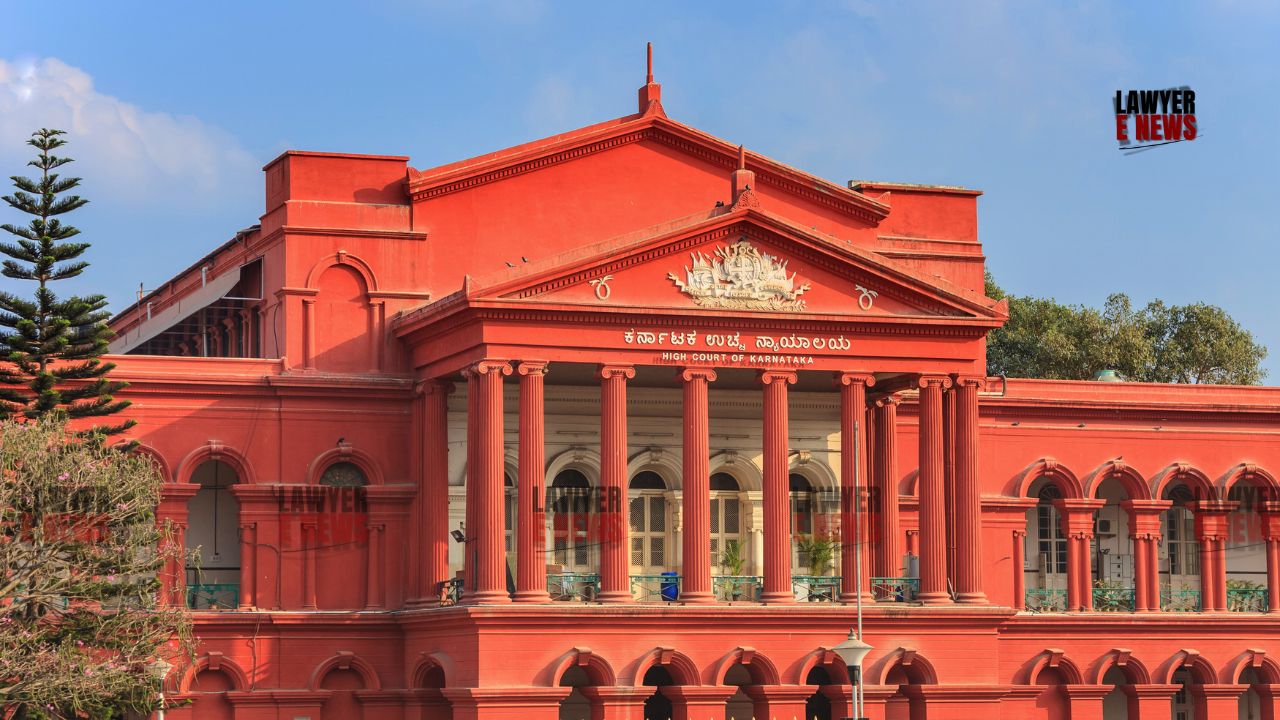-
by Admin
15 February 2026 5:35 AM



Karnataka High Court in Criminal Petition No. 3666 of 2024 dismissed a plea to quash an FIR filed against Vishal Raghu, Chairman of the Karnataka State Bar Council, and others for allegedly misappropriating funds during a State Level Advocates' Conference in Mysuru. Justice M. Nagaprasanna ruled that the allegations, which involve misuse of public funds, require a full investigation, rejecting the petitioners’ attempt to have the criminal proceedings quashed.
The FIR was filed following allegations by S. Basavaraj, another member of the Karnataka State Bar Council, that funds amounting to over Rs. 3.2 crore were misappropriated during the Advocates' Conference held in August 2023. Basavaraj's complaint alleged fraudulent payments to non-existent vendors and the creation of fake bills. Despite internal resolutions and an audit, the complainant insisted that a proper investigation was necessary, leading to the FIR and subsequent court proceedings.
The key issue was whether the FIR, filed under Sections 120B, 403, 406, 409, 420, 465, 468, 471, and 477A of the IPC, should be quashed at the preliminary stage. The petitioners, including the Chairman and Vice-Chairman of the Bar Council, argued that the funds were spent following resolutions passed by the Council, and that there was no misappropriation.
Justice Nagaprasanna, however, held that the case involved serious disputed facts that required thorough investigation. The Court highlighted the complainant’s evidence, including voice messages and receipts, suggesting that large sums of money were paid in cash without proper documentation. The Court emphasized that such allegations, especially in cases involving corruption, should not be dismissed without allowing the investigation to proceed.
The Court referred to the Supreme Court's decision in Kaptan Singh v. State of Uttar Pradesh, which cautioned against quashing criminal proceedings when serious factual disputes are involved. Justice Nagaprasanna ruled that the petitioners’ claims of resolutions and internal settlements could not justify preemptive dismissal of the investigation. The Court dissolved any interim relief granted earlier and allowed the investigation to continue.
The Karnataka High Court's decision underscores the importance of allowing investigations in cases of alleged corruption, especially when substantial public funds are involved. By rejecting the petition to quash the FIR, the Court affirmed that such matters must be thoroughly examined through proper legal channels.
Date of Decision: September 27, 2024
Vishal Raghu & Others v. State of Karnataka
